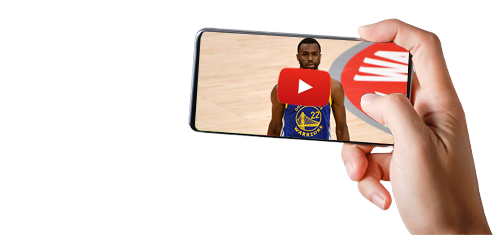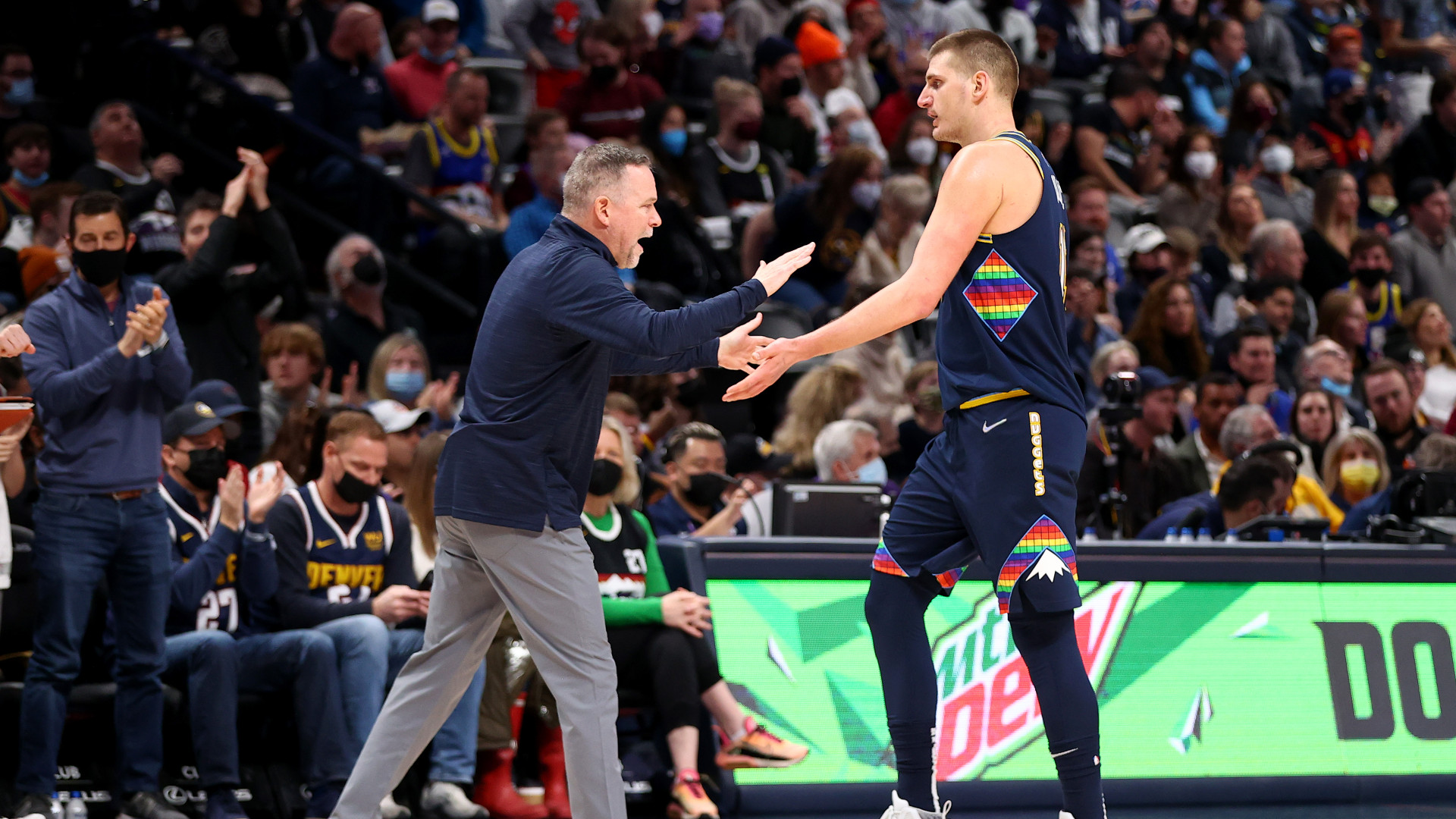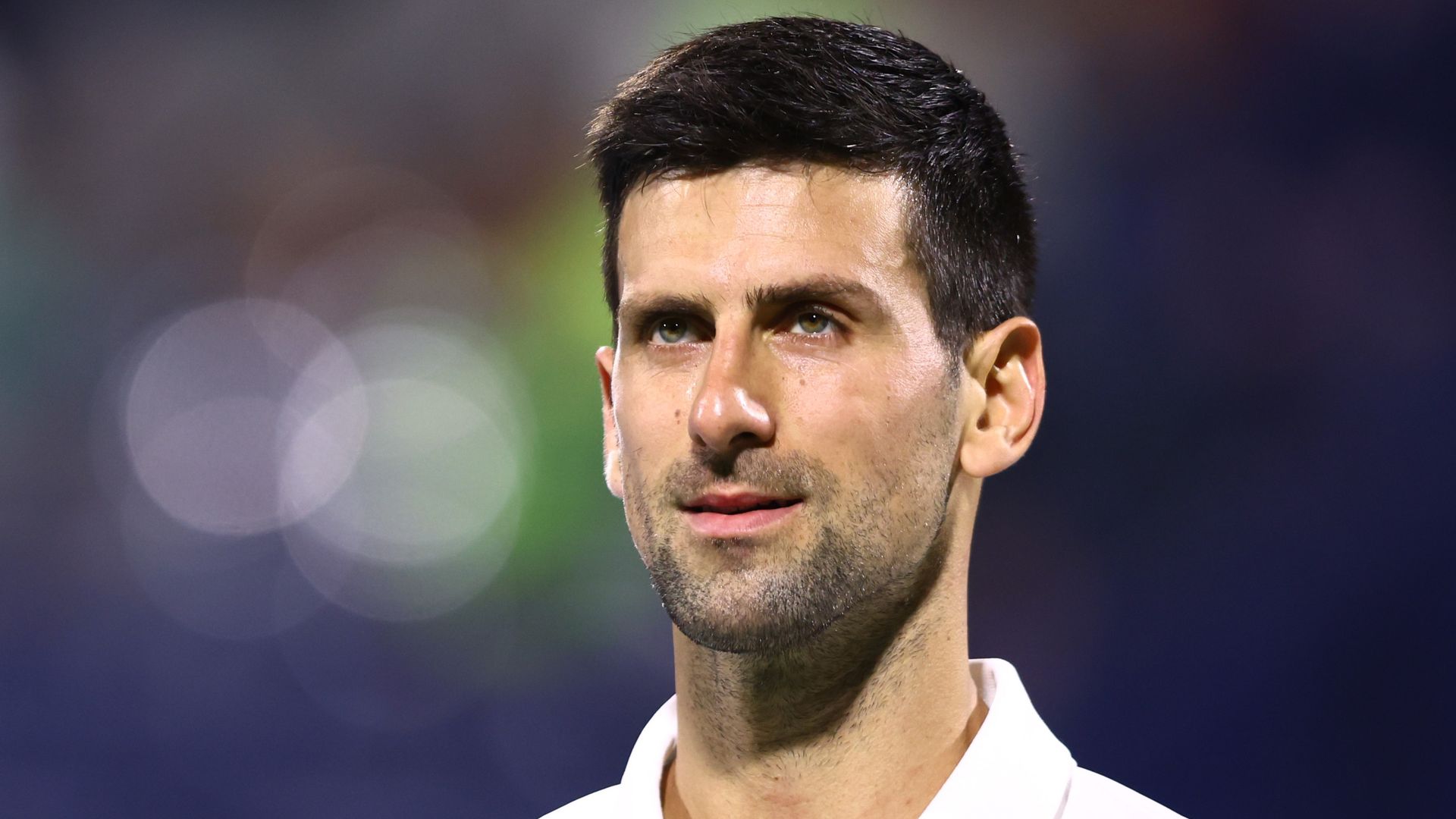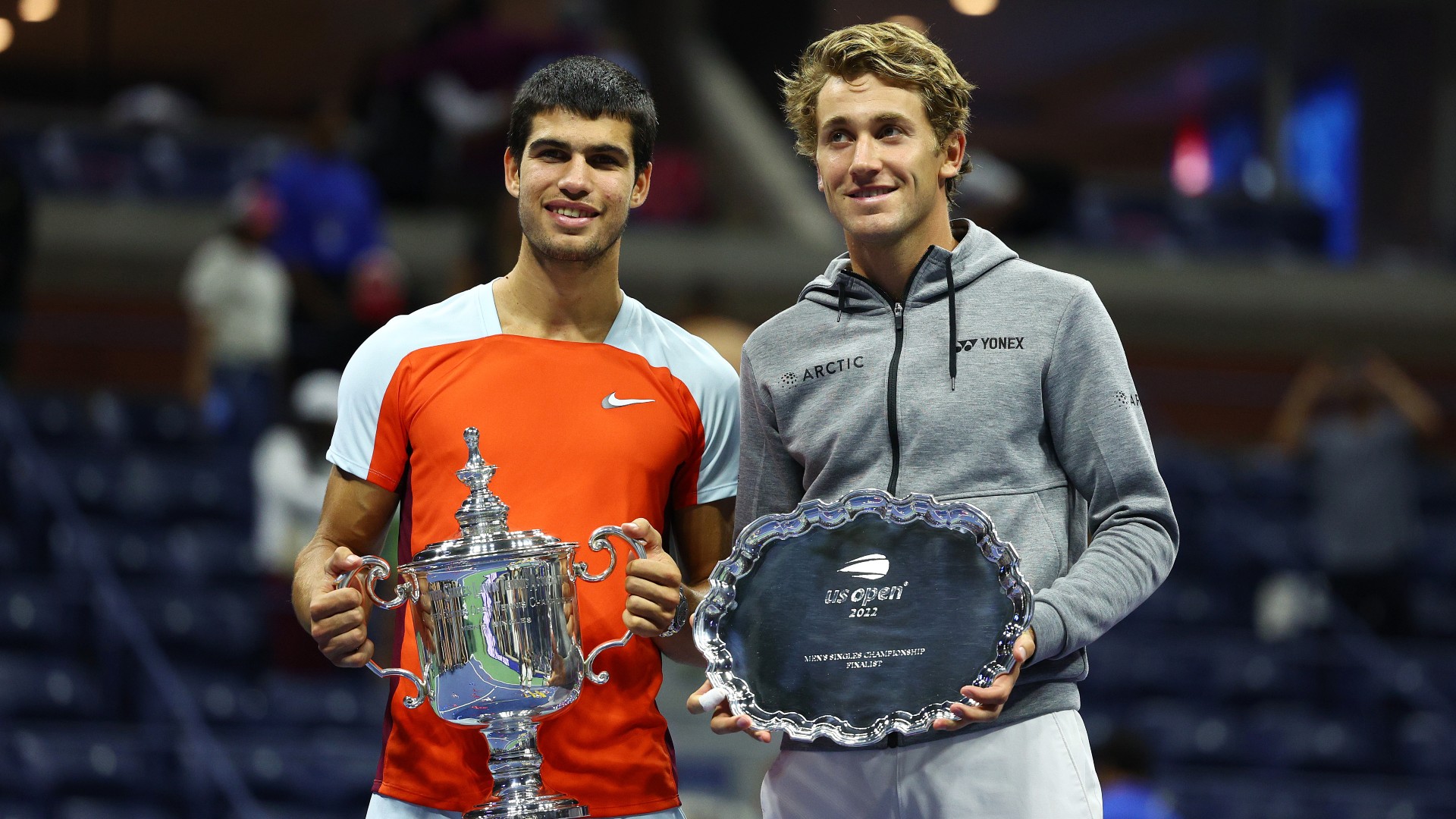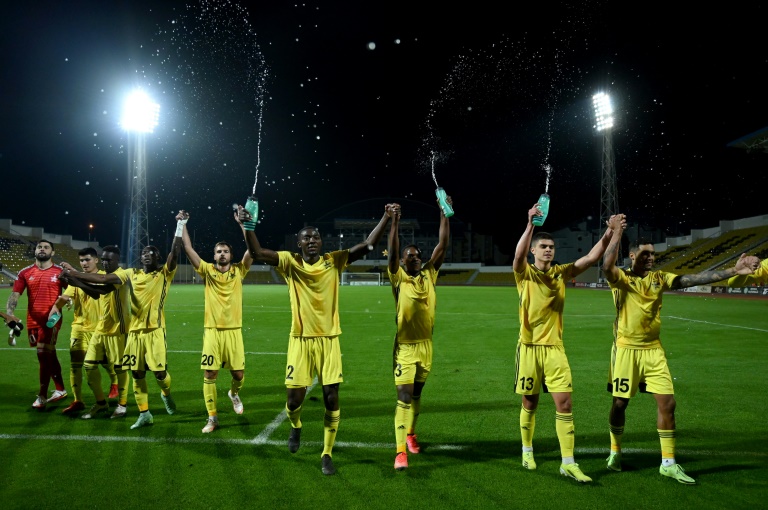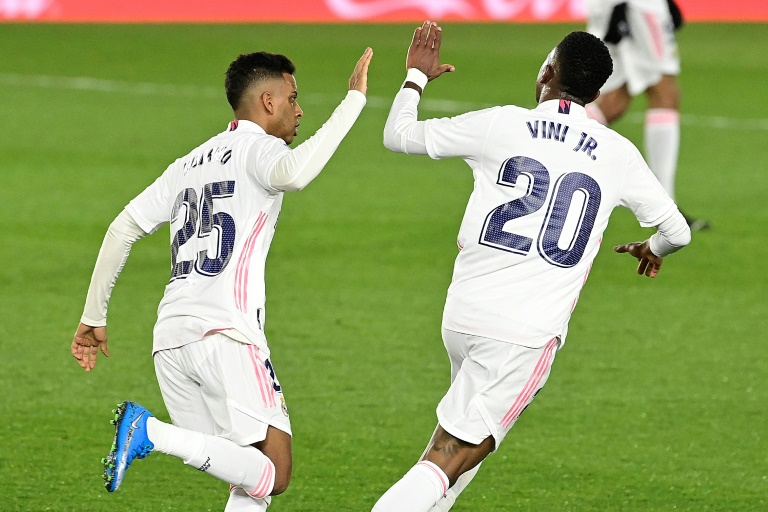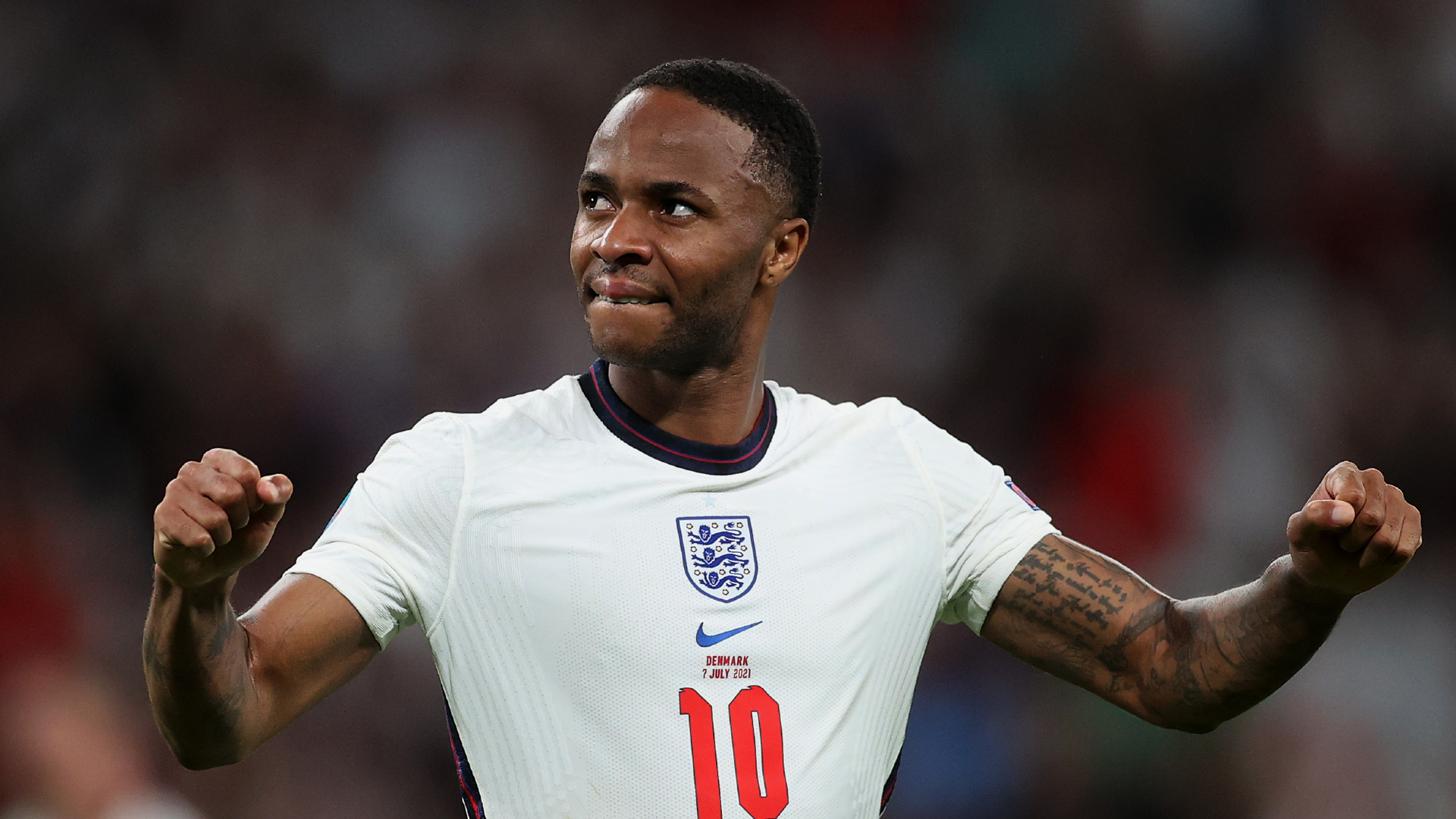
Raheem Sterling feels England’s commitment to taking a knee at Euro 2020 and thereafter shows the gesture can still be powerful in the fight against racism despite certain fans voicing discontent.
In 2020, the Premier League lent its support to the Black Lives Matter movement after the death of George Floyd, an African American man murdered by a white police officer in the American city of Minneapolis.
Clubs wore Black Lives Matter badges on their jerseys, while players, officials and staff began to take a knee at the start of every match.
In 2021-22, clubs are generally continuing to take a knee, though there are examples of individuals opting against it – Crystal Palace’s Wilfried Zaha became the first Premier League player to say he was no longer going to kneel back in February 2021, the Ivory Coast international suggesting the gesture had lost meaning.
Ever since fans began returning to stadiums after the initial lockdown in the coronavirus pandemic, taking a knee has been a topic of debate.
Some supporters have gone as far as booing players for taking part, with the justification of such reactions being that some perceive it to be a “political” gesture despite what players and authorities say.
England players were jeered before Euro 2020 and it was confirmed they would continue to kneel during the tournament – the online abuse of Bukayo Saka, Marcus Rashford and Jadon Sancho after their penalty misses in the final showed there was still a fight to be fought.
The Three Lions’ commitment to taking a knee highlighted how this generation will not stand for such matters being swept under the carpet after a few days of outrage.
Speaking with manager Gareth Southgate to BBC Radio 4, Sterling said: “How us as a team took a stance, I think the big question was, ‘Are we going to continue doing it through the Euros?’.
“And I think a lot of the time when the racism comes up or something has happened, a lot of the time in football and in the majority of society, we tend to address it for that period, for that five days or that week and then we brush it under the carpet and [pretend] things are all fine now.
“When the next scenario happens. that’s when we go again. But us as a country, players that have been in those scenarios face some of that racist abuse, on a whole, we just want to keep highlighting that.
“Yes, there have been times that we’ve sat down and said, ‘Is the message still powerful?’, and we’ve said yes and as a group and as a collective we’ve tried to keep that going.”
Sterling has been vocal in calling out racism for years, having routinely brought to attention the conduct of the British media.
Arguably the most famous such incident saw Sterling highlight how a newspaper reported on the spending habits of his young Manchester City team-mates Tosin Adarabioyo and Phil Foden back in 2018.
While Foden was covered in a positive light for buying his mother a new £2million home, Adarabioyo – who is of Nigerian descent – was said to have paid a similar amount for a “mansion…despite having never started a Premier League match”, the headline seeming to suggest he was not worthy.
The unity and social consciousness of the current England squad has often been put down to Southgate’s management of the team, though he pointed to Sterling’s stance as helping him to open his eyes.
Continuing on the subject of taking a knee, Southgate said: “At the very least, this had to be a team where we were united on how we saw it and we could send a message to young kids watching that I think the lads maybe didn’t realise how powerful that would be going into a tournament because they wanted to concentrate on the football.
“They want to be judged primarily on the football but what Raheem has done, in this space, in particular…. I remember you [Sterling] put the two articles out on how Tosin had been reported on as a young player and a similar sort of story with Phil, and the difference, and it was clear the way those things had been reported.
“So, there were a lot of things that happened over the last few years, including the incident with George Floyd, which I think led…it educated me a lot and I wanted to represent the players in the best way I could.”



